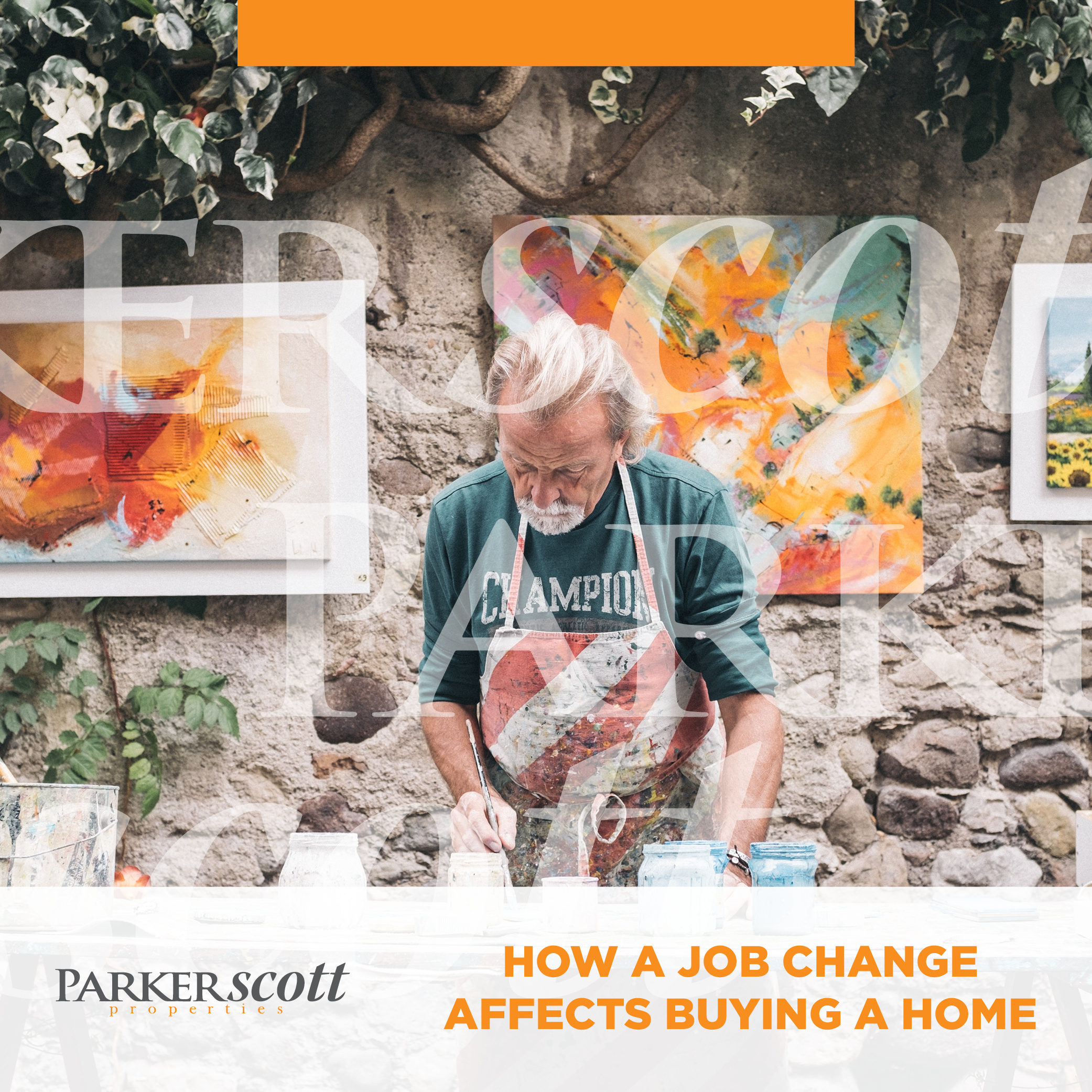Naturally, potential home buyers become more concerned about affordability conditions as prices and mortgage rates rise. And since the past few years have seen both things happen, there’s been increasing concern about whether or not now is a good time to buy a house. That’s not to say there hasn’t been demand for homes. In fact, there are plenty of interested buyers and not enough homes to accommodate them, which is why prices have been rising in the first place. But recently, there’s been more data suggesting that home prices are beginning to soften. In fact, one recent report shows that 26.6 percent of homes listed for sale in September dropped their price, which is a nearly 5 percent increase from the same time last year. That’s good news for buyers, as is the fact that price drops have been showing year-over-year improvement since the end of March. Added to the fact that mortgage rates, while higher than last year, are still well below what is historically normal, the news about home prices means affordability may, once again, be moving in a more balanced direction and one that benefits buyers. More here.
Today’s Home Buyers Likely To Find Financing First
Buying a home is not something most people do very often. Unless you’re a real-estate investor or have to move frequently for work, you’re likely going to stay in the home you buy for more than a couple of years. In fact, recent data shows homeowners tend to stay in their house somewhere between 10 and 13 years. So it shouldn’t be surprising that there are some common misconceptions about the buying process and the best way to go about finding and buying a house. But, according to a recent survey, one common misstep is becoming less and less common. That’s because, the survey found nearly two thirds of recent buyers looked for financing before looking at homes and, among first-time buyers the number jumped to 85 percent. This is the right way to do things for a couple of reasons. First, meeting with a mortgage professional before heading out on the trail will let you know exactly where your price range is and what you may be qualified to borrow. Secondly, in a competitive market, having your financing already lined up means you can act fast when you find a home you love. If you’re not prequalified, a more prepared buyer is likely to make an offer and have the home under contract before you’ve even completed your application. More here.
Where Buyers Are Stretching Their Budgets Most
When calculating how much house you can comfortably afford, there are a few commonly cited rules that can be used. Among them, the one that says your home’s price shouldn’t be more than three times your annual income is popular. Of course, there are many other factors that play a role, including the amount of debt you have, your retirement goals, other expenses, etc. However, as a simple rule, it can be a good way to quickly come up with a ballpark price range before you work out the fine details. Using a variation on this rule, a recent study took data from the Home Mortgage Disclosure Act and looked at the median amount home buyers borrowed and compared it to borrowers’ median income to calculate how and where buyers were pushing their financial limits to purchase a house. The results, in all but a few cases, weren’t that surprising. That’s because the cities where home buyers had to stretch the most were mostly out West, including Los Angeles, San Francisco, Denver, and Seattle. However, though rust-belt metros like Cleveland, Detroit, and Buffalo were the least leveraged, the middle of the pack included places like Atlanta, Orlando, Chicago, Dallas, and Houston, which might not be the first places thought of when listing affordable areas to buy a house. More here.
Flat Home Sales A Sign Of Market Challenges
New numbers from the National Association of Realtors show sales of existing homes were virtually unchanged from the month before. Down 0.7 percent from June, sales were up in the West but a drop in the Northeast negated the gains. Lawrence Yun, NAR’s chief economist, says a lack of available homes continues to hold sales back. “Listings continue to go under contract in under a month, which highlights the feedback from Realtors that buyers are swiftly snatching up moderately-priced properties,” Yun said. “Existing supply is still not at a healthy level, and new home construction is not keeping up to meet demand.” In short, there are more buyers than there are homes for sale in many markets and it’s making it challenging for buyers this summer. Fifty-five percent of the homes sold in July were on the market for less than a month and, though inventory had been seeing modest gains, it stalled in July. That means, market conditions aren’t likely to change much in the months to come, so buyers should prepare for competition this fall and make sure to be pre-approved by a lender before heading out to look at homes. More here.
Why You Should Be Optimistic About Homeownership
Home buyers this year have faced higher prices, more competition, and rising mortgage rates. In short, it’s been a challenging year. But that’s not to say it isn’t a good time to buy a house. There are many reasons to be optimistic about homeownership, in fact – and a few that put current conditions in perspective. Take mortgage rates, for example. According to Freddie Mac, the long term average is 8.16 percent, which means today’s rates are still low historically. Also, home equity is increasing. In fact, it’s up 13% year-over-year. And rising home equity means today’s homeowners are seeing their investment grow. There is also evidence that market conditions may begin to improve. For one, new home construction has been making gains and that means more homes for buyers to choose from. It also means buyers should begin to see prices moderate and competition wane, as more new homes are built to meet today’s high level of buyer demand. In short, there are a lot of good reasons to be optimistic about buying a house this year, despite market challenges. More here.
A Quick List Of Things To Do Before The Move
Remodeling Index Finds Home Repairs On The Rise
Maintenance is a big part of being a homeowner. Put simply, owning a home means having a never-ending to-do list and, depending on your level of know-how, some of it will require the help of a professional. These jobs can range from major renovations such as putting an addition on your house to basic upkeep and repairs like having ducts cleaned and fixing leaks. Essentially, you are your home’s temporary caretaker and how well you take care of it will affect not only how comfortable and enjoyable your home is to live in but also how much you can ask for it when you sell. These days, it seems Americans are increasingly interested in fixing up their homes. In fact, newly released data from the National Association of Home Builders shows home remodeling contractors are busy right now. So what kind of jobs are most in demand? Well, results show demand is highest for basic maintenance and repairs, while additions and alterations – both major and minor – saw slight declines during the second quarter. In short, Americans are tackling their to-do lists and fixing up their homes. This could be due to improved economic conditions and a stronger job market, though it may also be that current homeowners are tending to their homes in hopes of listing them someday soon. More here.
Majority Say They Want To Own A Home In Retirement
The vast majority of surveyed Americans say that homeownership is among their retirement goals, according to a recent survey. In fact, 85 percent of non-retiree respondents said they want to own their own home in retirement and believe they can pay off their mortgage before they retire. But, though non-retiree participants feel like they’ll have their mortgage paid off in time, more than 25 percent of retired respondents said they’re still paying off a mortgage and over half of those had a balance of more than $50,000. In short, Americans may be a bit too optimistic. But regardless of whether or not they make it, the debate about homeownership and retirement will continue. On the one hand, tax breaks and equity make a good case for the wealth-building benefits of owning a home. But, on the other hand, property tax, maintenance and potential renovation costs can add unpredictability to a household budget that may largely be fixed. In the end, which situation is the right one for you will ultimately depend on your personal finances, assets, and outlook – as there is no one-size fits all strategy for meeting your retirement goals. More here.
How Affordability Perceptions Affect The Market
Perception doesn’t always match reality but, when it comes to financial markets, it can make a difference. For example, if you’ve ever invested in the stock market, you know that a company’s stock can rise or fall based on the day’s news, even if the company’s fundamentals and outlook remain the same as the day before. In short, perception matters. And, in today’s housing market, there’s a perception that there are few affordable homes available to prospective buyers. In fact, according to a recent analysis from Fannie Mae, though only 8 percent of homeowners consider their current mortgage unaffordable, 45 percent said that affordable housing is difficult to find in their area. Which provides a snapshot of what is going on in many markets across the country. Homeowners that want to sell may be waiting because they don’t feel they’ll find an affordable house to move into. The flip side of this, however, is that as long as current homeowners aren’t selling their homes, inventory shortages will continue, which is the primary factor behind recent price increases. More here.


